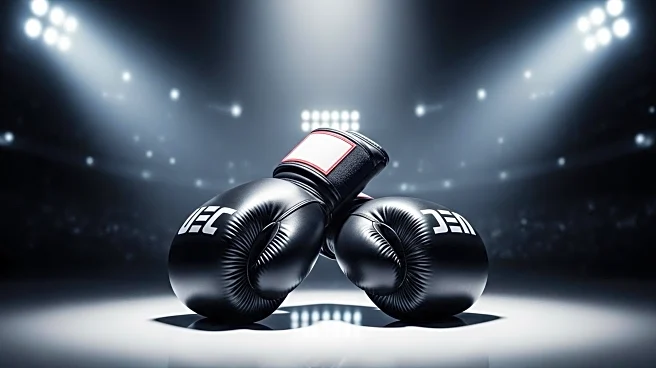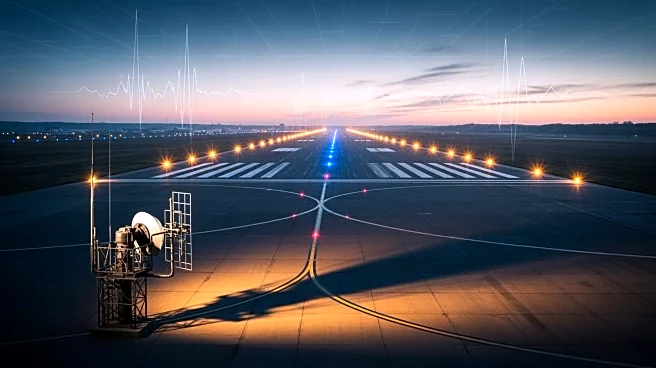What's Happening?
Conor McGregor, the former two-weight UFC champion, has accepted an 18-month suspension from the UFC's anti-doping program, Combat Sports Anti-Doping (CSAD). The ban is a result of McGregor's failure to provide his whereabouts for drug testing on three separate occasions. This suspension is retroactive, beginning on September 20, 2024, and will last until March 20, 2026. Despite the setback, McGregor has expressed interest in participating in a UFC event at the White House in June 2026. However, fans and commentators are skeptical about his return to the Octagon, given his recent absence from the sport and the ongoing suspension.
Why It's Important?
The suspension of Conor McGregor, a high-profile figure in mixed martial arts, has significant implications for the UFC and its fan base. McGregor's absence from the sport could impact the UFC's viewership and revenue, as he is one of the most popular and marketable fighters in the organization. Additionally, the suspension raises questions about the effectiveness and enforcement of anti-doping policies in combat sports. The decision also affects McGregor's career trajectory, as he has not fought since July 2021, and the extended absence may hinder his competitive edge and marketability upon return.
What's Next?
With McGregor's eligibility to return in March 2026, there is speculation about his potential participation in the UFC event at the White House in June 2026. UFC CEO Dana White has stated that no negotiations for the event have begun, and McGregor's involvement remains uncertain. The UFC and McGregor's team will likely assess his readiness and marketability closer to the event date. Meanwhile, fans and analysts will continue to debate McGregor's future in the sport and the potential impact of his absence on the UFC's promotional strategies.









